Table of Contents
- Indian Pharmaceutical Industry Reigning The Global Market!
- [Infographic] Section 301 Tariffs: U.S. & China | Trade War | TRG Peak Blog
- Abolishing pharmaceutical and vaccine tariffs to promote access ...
- The Compounding Effect of Tariffs on Medicines: Estimating the Real ...
- Abolishing pharmaceutical and vaccine tariffs to promote access ...
- Tariff Hike Impacts on the Goods Americans Make | St. Louis Fed
- Ranked: Harmful Tariffs by Economy
- Chart: U.S.-Chinese Trade War: A Timeline | Statista
- Tariffs & customs affecting local pharmaceutical production in Kenya
- Top Largest Pharmaceutical Exporting Countries in the World - YouTube
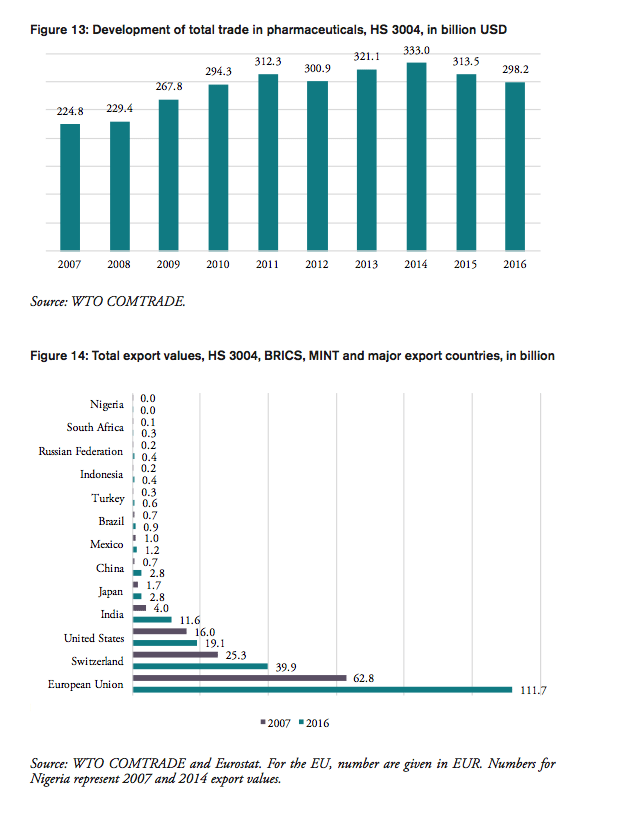
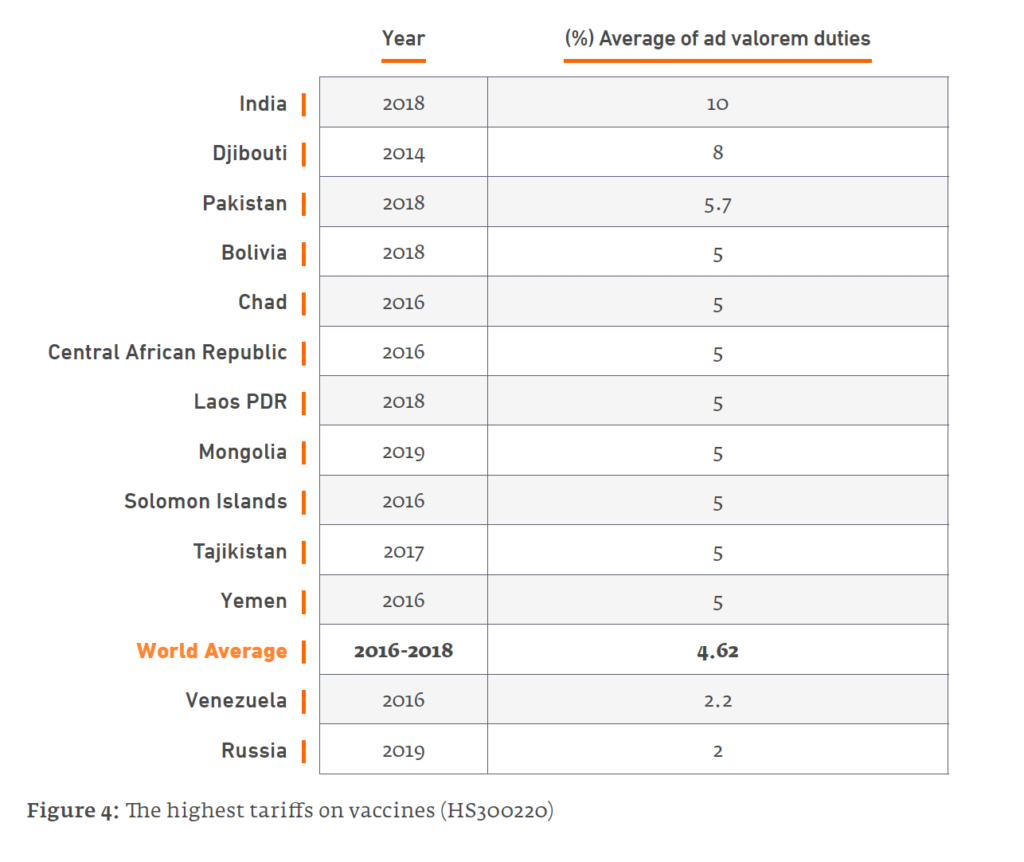
The move, if implemented, would have far-reaching consequences for the pharmaceutical industry, which relies heavily on imports to meet the demand for affordable medicines. The industry is already facing significant challenges, including rising research and development costs, increasing regulatory scrutiny, and growing competition from generic manufacturers. The imposition of tariffs would only add to the woes of an already beleaguered sector.
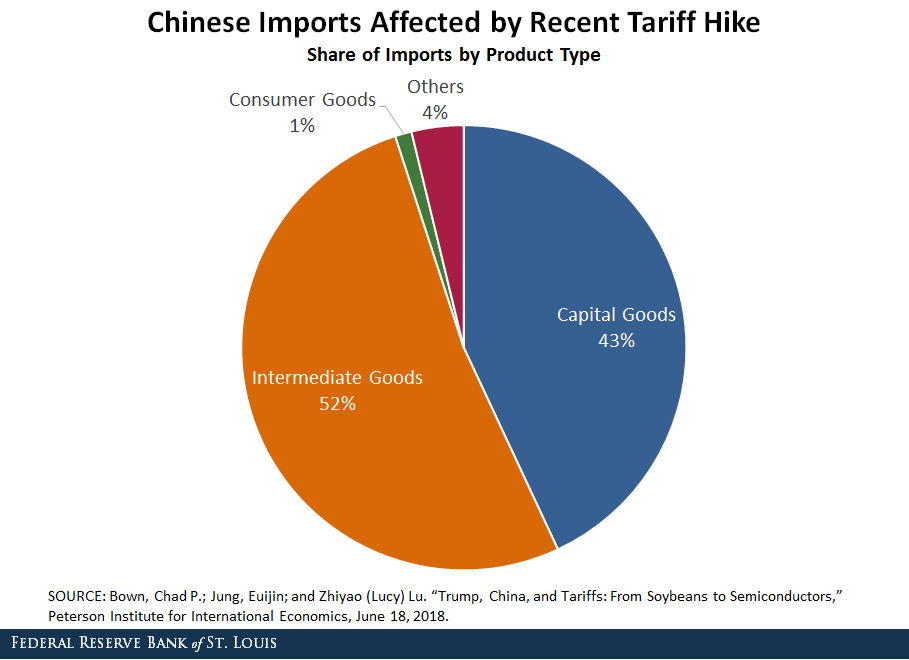
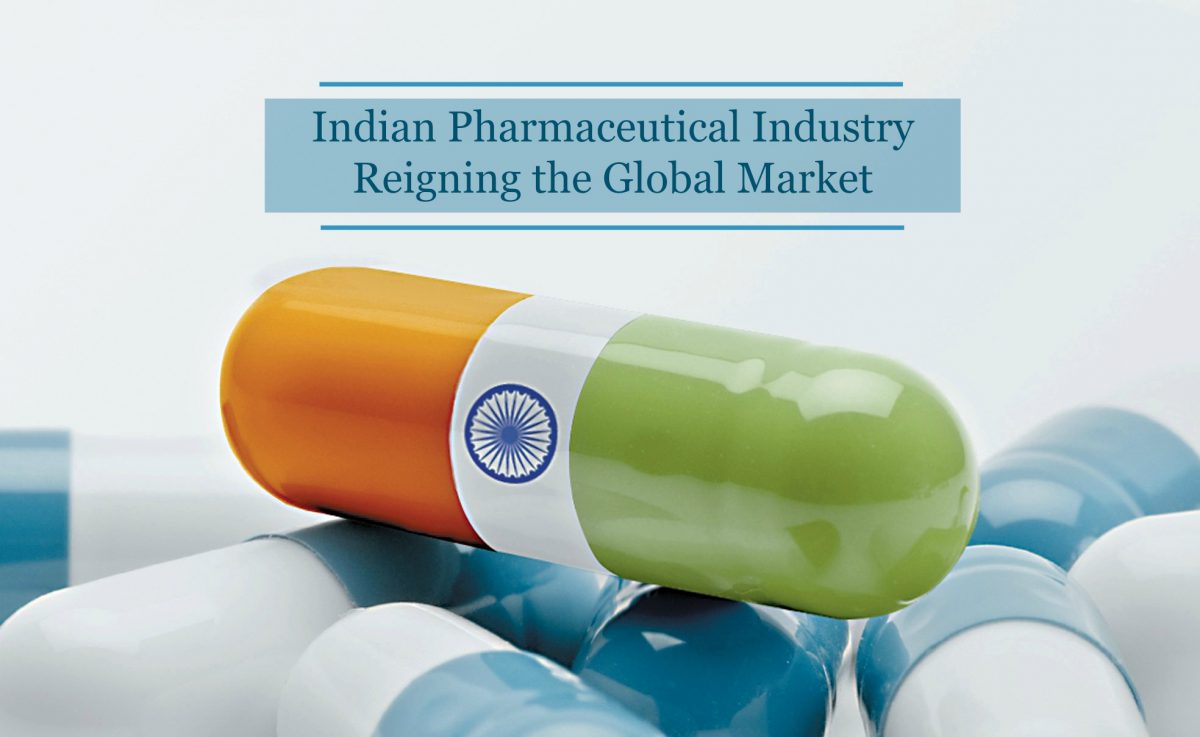
The Impact on Pharmaceutical Companies
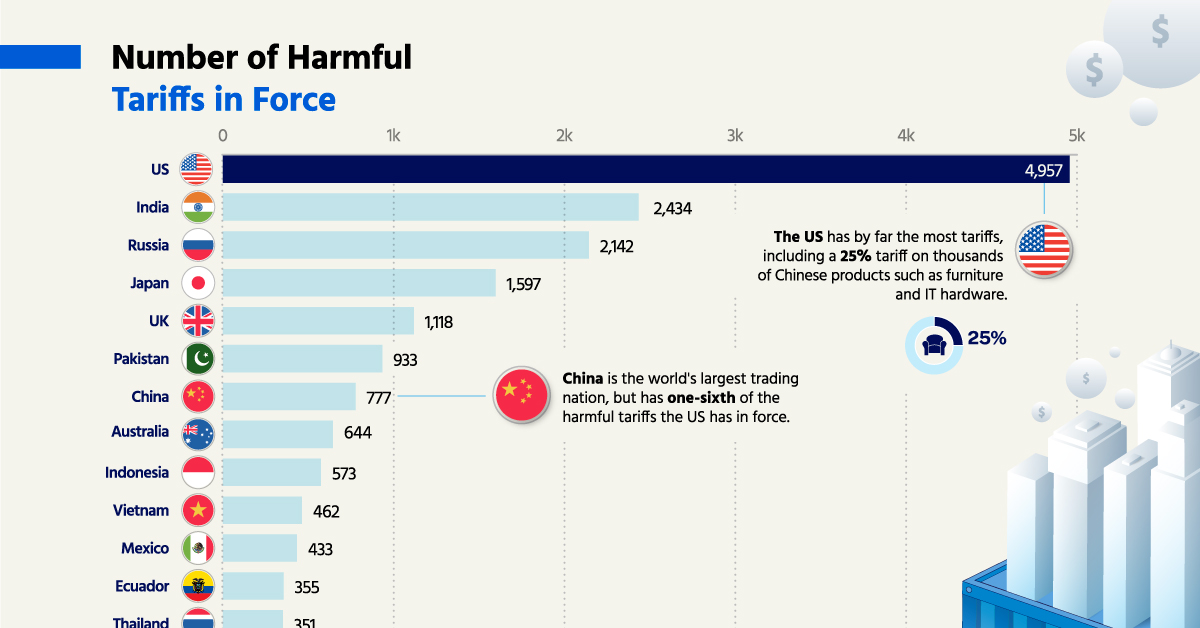
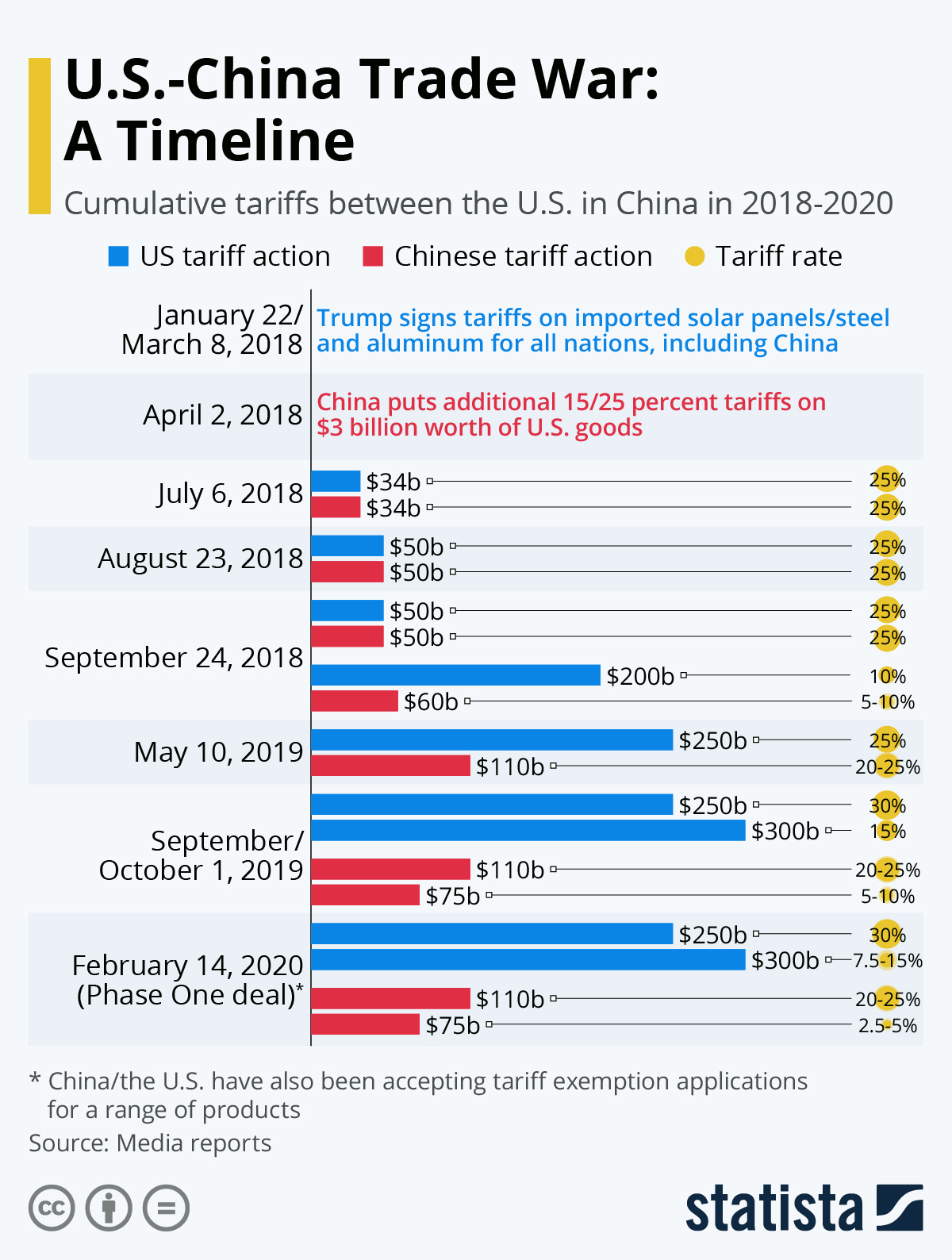
- Higher prices for consumers: Pharmaceutical companies may pass on the increased costs to consumers, making medicines more expensive and potentially reducing access to essential treatments.
- Reduced profitability: The increased cost of production could erode the profit margins of pharmaceutical companies, making it more challenging for them to invest in research and development.
- Supply chain disruptions: Tariffs could disrupt the global supply chain, leading to shortages of essential medicines and compromising the quality of care.

![[Infographic] Section 301 Tariffs: U.S. & China | Trade War | TRG Peak Blog](https://traderiskguaranty.com/trgpeak/wp-content/uploads/2019/07/trg-section-301-us-china-trade-war-infographic-1.png)
The Broader Implications

Lead to higher healthcare costs: Increased prices for medicines could lead to higher healthcare costs, placing a greater burden on patients, payers, and the healthcare system.
Compromise access to care: The increased cost of medicines could reduce access to essential treatments, particularly for vulnerable populations such as the elderly and low-income families.
Impact the economy: The pharmaceutical industry is a significant contributor to the US economy, and the imposition of tariffs could have a negative impact on economic growth, employment, and trade.

A Way Forward
While the Trump administration's intention to reduce the trade deficit and promote domestic manufacturing is understandable, imposing tariffs on imported drugs may not be the most effective solution. Instead, the administration could consider:Promoting trade agreements: Negotiating trade agreements that reduce barriers to trade and promote the export of US-made pharmaceuticals could help to reduce the trade deficit.
Investing in domestic manufacturing: Providing incentives for pharmaceutical companies to invest in domestic manufacturing could help to promote job creation and economic growth.
Encouraging innovation: Supporting research and development in the pharmaceutical sector could help to drive innovation, improve access to care, and promote economic growth.
In conclusion, the imposition of tariffs on imported drugs would have significant consequences for the pharmaceutical industry, the healthcare sector, and the economy. While the Trump administration's intentions are understandable, a more nuanced approach that promotes trade, investment, and innovation may be a more effective way to address the challenges facing the industry. As the administration weighs its options, it is essential to consider the potential impact of tariffs on the pharmaceutical industry and the broader implications for the healthcare sector and the economy.